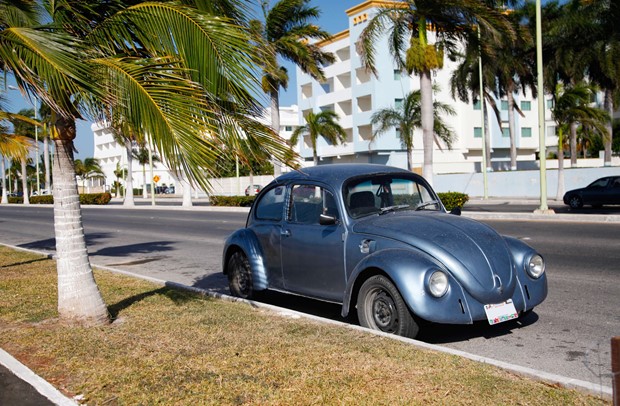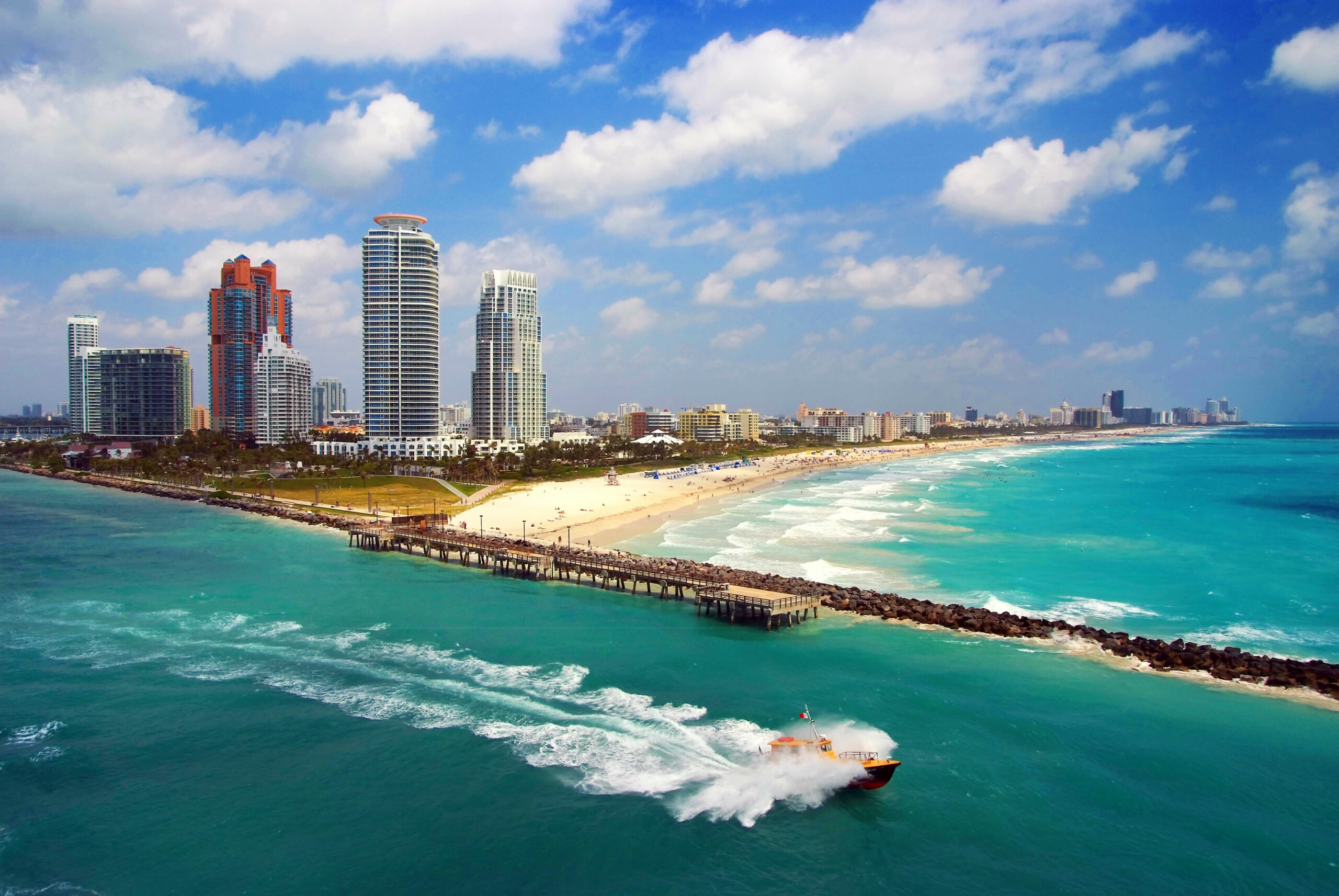Fed up of using up hours every single day looking for parking in Miami Beach? You’re not the only one! Residential parking permits provide a solution, so you can park with no worries. Don’t be stranded going around the same block again – figure out how to get a permit now!

Here’s how to get a residential parking permit:
- Check if your address qualifies for a residential parking permit.
- Gather the necessary documents and fill out the application.
- Submit the application along with the required documents.
- Pay the applicable fees.
- Receive your residential parking permit.
Introduction to Residential Parking in Miami Beach
Miami Beach is a bustling city, with endless attractions and events for tourists year-round. Parking can be hectic and costly. To keep residential areas safe and give access to permit holders, the City of Miami Beach has regulations for parking and placards.
These regulations ensure that local residents are taken care of, while reducing disruption from parked cars and increasing public safety. Depending on where you live, there are nuances to these regulations. This guide will help to explain.
It covers different aspects of residential parking in Miami Beach:
- Eligibility for permits
- How to apply for one
- Where it’s okay to park with one
- How visitors can park near a designated area
- Alternatives to residential parking (snipes)
- Rules for special cases such as EVCS
- Enforcement policies for violations
Types of Residential Parking Permits in Miami Beach
Miami Beach attracts tourists and residents alike. To aid the correct and equitable use of parking, the city has created a residential parking program.
Two types of permits are available: Basic and Special Purpose.
- Basic Permits are for residents wanting convenient on-street parking near their homes. These allow the registered vehicle to park in designated areas during certain hours, without added charges. The vehicle must show a valid permit while parked.
- Special Purpose Permits are for those with specific needs related to parking. These include medical/religious needs, handicap accessible vehicles, tradespeople and other categories like apartment complexes with unique street configurations and busy streets near commercial areas or tourist attractions.
Certain Special Purpose Permits may need extra requirements; please contact the Miami Beach Parking Department if you think you qualify.
How to Apply for Residential Parking Permits in Miami Beach
Parking in Miami Beach can be tough. To make sure residents get the space to park, Residential Parking Permits (RPPs) are available. With an RPP, you’ll know that your area has areas for you and your neighbors.
Eligibility Requirements: To qualify for an RPP, you must live in a “Permit Zone.” You also need proof of residence and your vehicle needs to be registered.
How to Apply: Applications can be submitted at a city hall, or downloaded from the link below. You must follow all instructions and show proof of documents if asked. There’s no extra affidavit needed and both current and new vehicles can qualify.
Once your application is approved, your sticker will be mailed to you in 3-5 business days.
Advantages of Residential Parking Permits in Miami Beach
Residential parking permits in Miami Beach offer numerous benefits. They help reduce congestion and improve the quality of life. Plus, they give convenient access to attractions, while deterring illegal parking in neighborhoods.
- Permit holders can park in designated residential areas without fear of tickets or towing.
- They can also drive within city limits without getting a ticket or incurring fines.
- Visitors can partake in recreational activities in parks and along sidewalks without searching for legal spots.
- Businesses can also control traffic into their establishments by providing customers with parking permits when they buy something. This ensures customers can park at the business’s location without the risk of being towed away.
- Lastly, residential parking permits make it safer to walk on sidewalks as they create more space. Pedestrians don’t need to worry about missing a car parked too close or navigating through traffic-dense areas near attractions or shopping centers.
Disadvantages of Residential Parking Permits in Miami Beach
Though residential parking permits can be of help in some Miami Beach neighborhoods, they have drawbacks too. Visitors and guests may find it hard to park in permit-only zones. Locals may have difficulty finding on-street parking if they don’t have a permit. This could lead them to using off-street parking which is usually costlier and not easily available.
Obtaining a permit may need fees or a complicated application process. People who own multiple cars may have trouble getting extra permits as cities set limits on them. Lastly, residential parking can cause gentrification in some neighborhoods as higher vehicle turnover and restrictions on non-permit vehicles make it hard for lower income folks to access desirable areas.
Costs and Fees Associated with Residential Parking Permits in Miami Beach
The City of Miami Beach offers five types of parking permits for residential areas. These help locals and visitors alike pay for parking in metered spots. Prices vary by program, location, duration, frequency, and vehicle type. The Miami Beach Department of Traffic & Parking administers the residential parking programs.
The first option is an annual permit for on-street parking near your residence. It is bought from the Department of Traffic & Parking. You can park in marked stalls from 8am to 6pm without any extra costs. The cost is $50, plus a refundable security deposit, depending on your vehicle type or location.
The second option is a monthly or annual lot pass. This provides access to off-street parking lots in designated residential zones. Monthly passes are available at Terminals A & B for prices starting at $25/month or $250/year plus fees. Annual passes from the City’s Department of Traffic & Parking range from $150-$225/year including fees. Security deposits may be required, depending on length of stay and vehicle type.
Thirdly, special event or visitor permits can be acquired through an approved DOCUMENT process. This allows up to 30 days ($50 fee) and three day guest passes ($10 per pass) in certain areas. Credit/debit cards accepted in each approved platform. Rental information is required prior to granting access.
Finally, tandem street stalls (one behind another) are available with advance approval through application processing. This requires form DOC# TSP18-0003-2019, valid ID, and payment. Prices start at $200/lane/month plus taxes. These double car sequences line up after certain town hours in certain areas.
Enforcement of Residential Parking Regulations in Miami Beach
Miami Beach has parking rules to manage parking efficiently. The City of Miami Beach enforces these regulations. They use decals, signs, patrols, and ticketing. Residents must have a valid permit or decal while parked. Vehicles also need to follow signs with time limits. Rules on age, height, and application also remain.
Enforcement happens mainly through citations. Drivers with citations may face more enforcement. This could include:
- Impounding or immobilizing for continued violations or unpaid fines.
Frequently Asked Questions about Residential Parking in Miami Beach
Want to know more about Residential Parking Permits in Miami Beach? The Department of Parking is here to help! Here are the top FAQs:
- What do I need to qualify for a residential parking permit? You must own or permanently occupy a residence in Miami Beach. You’ll need to provide proof of residency/ownership when applying.
- How long does it take to process my application? It’s usually 5 business days plus delivery time (regular mail) – a rush request can take 2-3 days if approved.
- What’s the cost of a residential permit? It depends on how many vehicles and what type of permit you need (annual, multi-month, daily, special event). Check our website for fee info.
- Where can I park with a permit? You can park in any legal area with your valid hangtag. However, follow signs for time restrictions. Handicap placards don’t have the same rules.
- Can I buy multiple permits? Yes! You can buy multiple permits through our online portal. Each vehicle needs its own registration form and driver’s license.
Frequently Asked Questions
Q: What are the residential parking regulations in Miami Beach?
A: Residential parking regulations in Miami Beach vary depending on the zone. Generally, vehicles must display a valid residential parking permit in order to park on the street in a residential area. For more detailed information, you can visit the City of Miami Beach website.
Q: How do I apply for a residential parking permit?
A: To apply for a residential parking permit, you must complete an application form and submit it to the City of Miami Beach. You will also need to provide proof of residency, such as a driver’s license or utility bill. For more information, please visit the City of Miami Beach website.
Q: Can I park my vehicle overnight in a residential area in Miami Beach?
A: Yes, you can park your vehicle overnight in a residential area in Miami Beach, as long as you have a valid residential parking permit. Be aware that overnight parking is only allowed in certain areas and that there may be time restrictions. Please check with the City of Miami Beach for more information.


